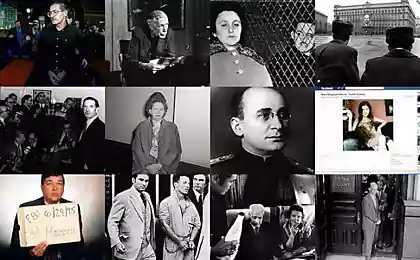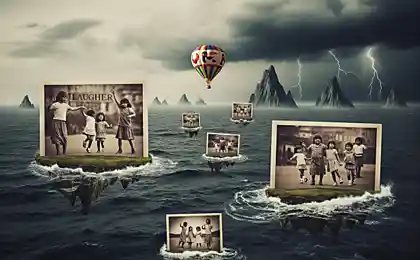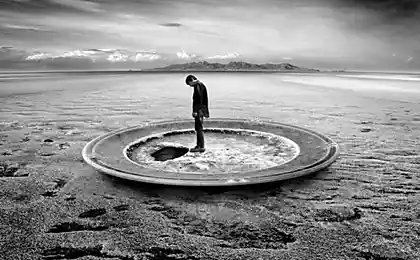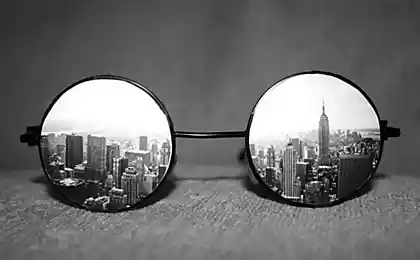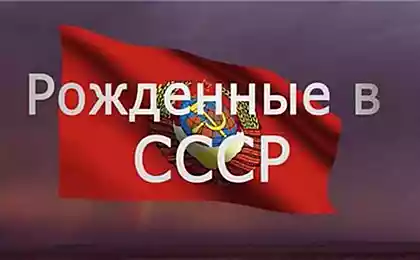261
Why people are longing for the Soviet past and covered with nostalgia
Recently I came across an interesting post on the Internet that made me think. It was a question to the audience that went something like this: Why do you think people miss the USSR? The question for empaths: when was it better, then or now? To be honest, at first I felt a slight stupor. What is empathy in simple words? It is the ability of a person to empathize with others and even to some extent experience the same emotions. So an empath is that highly sensitive person.
At first, I didn’t know what the question was and how the Soviet past related to empathy. I mean, of course, I understand: empaths were then, and now, and yet? The picture cleared up a bit when I decided to watch the comments. It turned out that the question is much more complex than I thought.
What is empathy in simple words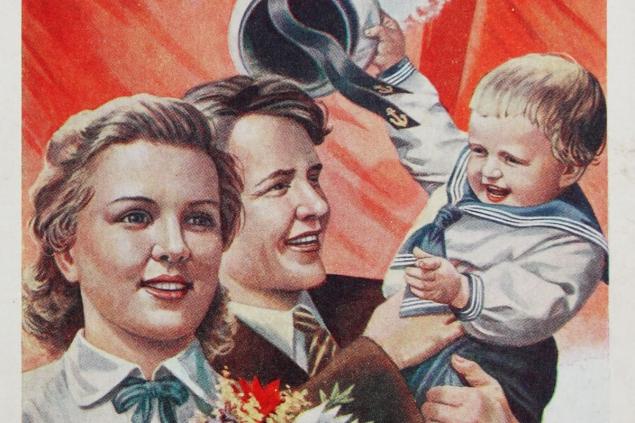
The word empathy has its roots in ancient Greece. Even then, people knew what conscious experience was. Much later, Sigmund Freud described this phenomenon as a high ability to recognize the feelings of another person. Nowadays, empathy is not just a talent, but a skill that psychologists strongly recommend developing.
This is because an empathic person is easier to find a common language, navigates in society, negotiates better and is much more pleasant in relationships with other people. But they also say that they take everything to heart. If you hear that phrase often, you may be an empath. Signs of empathy can be increased emotionality when watching movies, deep experience and sympathy for those who are in trouble.
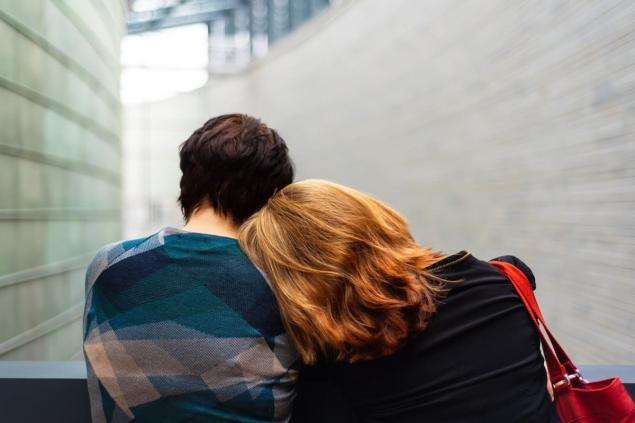
Empaths will always come to the rescue, they know how to calm down, and subtly feel the change in the mood of others. Unfortunately, such people are quite vulnerable and do not always withstand the general cruelty of this world. Their strength is also a vulnerability. So, back to the question of empaths and the USSR.
To begin with, the commentators under this post were divided into three categories. The vast majority of those who responded were nostalgic. The second broadly represented group represented the opposition and claimed not to miss the USSR at all. And the third, the least numerous, were the empaths who split into two camps. Let's start with the bored.
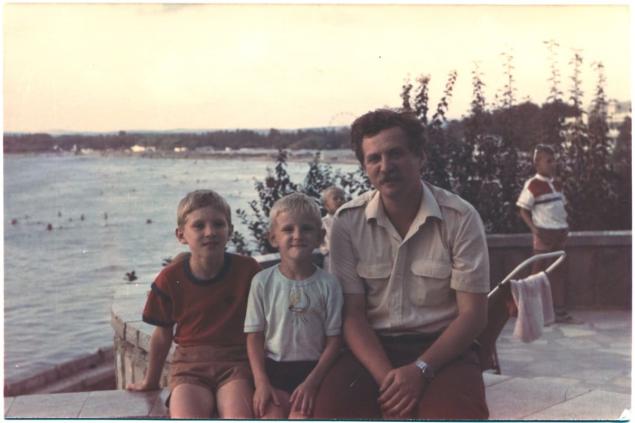
It is important to note that many members of this group are at least 50 years old. That is, people who remember well how things really were. Of course, they instantly remembered that medicine and education were free in those days. Now, even in the post-Soviet countries, both are extremely rare. More and more businesses are becoming private.
It was easier to get housing. For example, someone boasted that under the Soviet Union he received two free education and two apartments from the state. Yes, the living space was sometimes distinguished far from the royal choir, but everyone could start life from scratch, even in a communal room. Therefore, many commentators agreed that now people do not live, but survive, because in those days the state provided almost everything necessary for life. No homeless people were seen on the streets.
There were also people who lived very well. For example, people working in trade and selling goods that were in short supply. Like then, they will never live again. Or, for example, the military class - everyone wanted to marry a junior lieutenant.
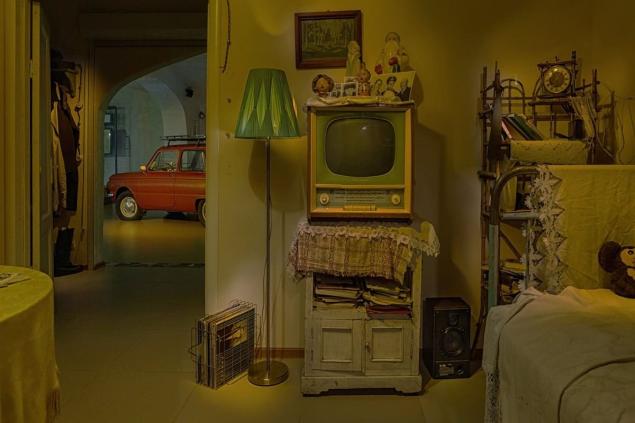
And another important detail that runs from the beginning to the end of this discussion: many people in Soviet times lived easier, because there was confidence in the future. No one wanted to leave the land (though there was no such opportunity).
But this is where the clash of two realities begins. Someone even remembered standing in line all day for mayonnaise, and then hid in a communal room to supply olives for the New Year. The tangerines were only on New Year’s Eve, no one saw bananas. They were so rare that ordinary Soviet people did not even know how to eat them. Instead of toilet paper, cut newspapers, without images of respected personalities.

And the fact that the government used to solve housing problems is true. But education and living conditions were dictated by the party. Nowadays, people are given the freedom to decide for themselves how to live, what to learn, where to work and what to buy. And that, as some have noticed, is a lot harder than just entrusting your life to someone else.
We must not forget that the Soviet Union was different. Both the famine and the time of repression are the USSR. Most of those who miss those days also miss their youth. After all, what did politics and simple human needs matter in 20 years? When youth boils in the veins, when nothing hurts and the heart is occupied with love experiences. The main argument of the opposition is that it just coincided: the best time of life was in the Soviet era. And the fact that they were shown on TV how beautiful their lives were was an instrument of Kremlin propaganda.

Our memory (and thank God) is arranged so that we remember the good better and brighter. That is why we are nostalgic about the past more often than we scold it. But then empaths enter the conversation, and everything becomes ambiguous again.
Elena, a 60-year-old artist, said: Empaths miss not the Soviet past, but human values. We lived in an ordinary Khrushchev on 9 entrances and 5 floors, so everyone knew each other by name, everyone helped each other, were friendly and polite. There are times when everyone is stranger to each other. Neighbors, even those in the same stairwell, will never say hello. Children on the street cannot be left unattended, let alone mutually assisted.”
Indeed, the culture of good neighborly relations seems to be a thing of the past. This applies not only to the CIS countries, it happens all over the world. Values and priorities change, and people often choose to shed a lot of social connections. For any empath, such a spitting attitude is painful. Society has taken a course of self-isolation. Of course, various factors influenced this, but it will not be possible to turn back time.

Here, of course, you can argue that this is natural, and in difficult times, society lives much more united. In the USSR, few people lived in prosperity, and therefore everyone tried to help each other. Empathy in those days was highly valued and considered one of the main virtues of man. You could even say that in those days, being good and understanding was important for survival.
However, there is the opposite idea, and it concerns repression. Do you remember those horrible stories about snitchers? When could a person be jailed for nothing just because someone turned him in? That's good neighborly relations. In Soviet times, people who suffered primarily were kind and naive, which empaths often are.
In addition, the Venerable Valentine writes: In the USSR, people who differed from the majority were rotten and humiliated. Therefore, in school, university and at work, it was important not to light up. What kind of empathy can we talk about? ?
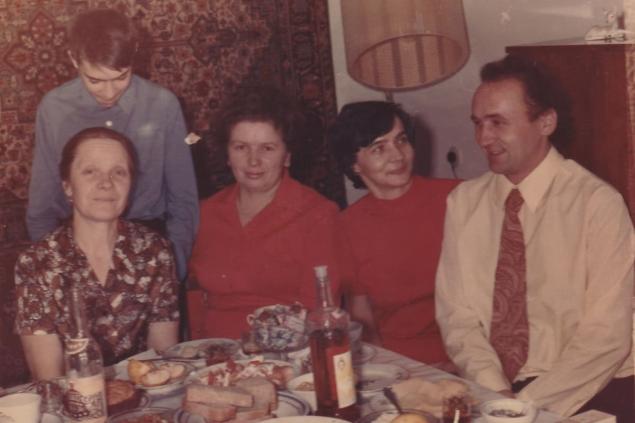
As a result, the question has not remained closed: there is no single majority that would say that empaths lived better or worse during the Soviet Union. And in general, apart from empaths, we still cannot answer this question. What do you think? Was it better?
At first, I didn’t know what the question was and how the Soviet past related to empathy. I mean, of course, I understand: empaths were then, and now, and yet? The picture cleared up a bit when I decided to watch the comments. It turned out that the question is much more complex than I thought.
What is empathy in simple words

The word empathy has its roots in ancient Greece. Even then, people knew what conscious experience was. Much later, Sigmund Freud described this phenomenon as a high ability to recognize the feelings of another person. Nowadays, empathy is not just a talent, but a skill that psychologists strongly recommend developing.
This is because an empathic person is easier to find a common language, navigates in society, negotiates better and is much more pleasant in relationships with other people. But they also say that they take everything to heart. If you hear that phrase often, you may be an empath. Signs of empathy can be increased emotionality when watching movies, deep experience and sympathy for those who are in trouble.

Empaths will always come to the rescue, they know how to calm down, and subtly feel the change in the mood of others. Unfortunately, such people are quite vulnerable and do not always withstand the general cruelty of this world. Their strength is also a vulnerability. So, back to the question of empaths and the USSR.
To begin with, the commentators under this post were divided into three categories. The vast majority of those who responded were nostalgic. The second broadly represented group represented the opposition and claimed not to miss the USSR at all. And the third, the least numerous, were the empaths who split into two camps. Let's start with the bored.

It is important to note that many members of this group are at least 50 years old. That is, people who remember well how things really were. Of course, they instantly remembered that medicine and education were free in those days. Now, even in the post-Soviet countries, both are extremely rare. More and more businesses are becoming private.
It was easier to get housing. For example, someone boasted that under the Soviet Union he received two free education and two apartments from the state. Yes, the living space was sometimes distinguished far from the royal choir, but everyone could start life from scratch, even in a communal room. Therefore, many commentators agreed that now people do not live, but survive, because in those days the state provided almost everything necessary for life. No homeless people were seen on the streets.
There were also people who lived very well. For example, people working in trade and selling goods that were in short supply. Like then, they will never live again. Or, for example, the military class - everyone wanted to marry a junior lieutenant.

And another important detail that runs from the beginning to the end of this discussion: many people in Soviet times lived easier, because there was confidence in the future. No one wanted to leave the land (though there was no such opportunity).
But this is where the clash of two realities begins. Someone even remembered standing in line all day for mayonnaise, and then hid in a communal room to supply olives for the New Year. The tangerines were only on New Year’s Eve, no one saw bananas. They were so rare that ordinary Soviet people did not even know how to eat them. Instead of toilet paper, cut newspapers, without images of respected personalities.

And the fact that the government used to solve housing problems is true. But education and living conditions were dictated by the party. Nowadays, people are given the freedom to decide for themselves how to live, what to learn, where to work and what to buy. And that, as some have noticed, is a lot harder than just entrusting your life to someone else.
We must not forget that the Soviet Union was different. Both the famine and the time of repression are the USSR. Most of those who miss those days also miss their youth. After all, what did politics and simple human needs matter in 20 years? When youth boils in the veins, when nothing hurts and the heart is occupied with love experiences. The main argument of the opposition is that it just coincided: the best time of life was in the Soviet era. And the fact that they were shown on TV how beautiful their lives were was an instrument of Kremlin propaganda.

Our memory (and thank God) is arranged so that we remember the good better and brighter. That is why we are nostalgic about the past more often than we scold it. But then empaths enter the conversation, and everything becomes ambiguous again.
Elena, a 60-year-old artist, said: Empaths miss not the Soviet past, but human values. We lived in an ordinary Khrushchev on 9 entrances and 5 floors, so everyone knew each other by name, everyone helped each other, were friendly and polite. There are times when everyone is stranger to each other. Neighbors, even those in the same stairwell, will never say hello. Children on the street cannot be left unattended, let alone mutually assisted.”
Indeed, the culture of good neighborly relations seems to be a thing of the past. This applies not only to the CIS countries, it happens all over the world. Values and priorities change, and people often choose to shed a lot of social connections. For any empath, such a spitting attitude is painful. Society has taken a course of self-isolation. Of course, various factors influenced this, but it will not be possible to turn back time.

Here, of course, you can argue that this is natural, and in difficult times, society lives much more united. In the USSR, few people lived in prosperity, and therefore everyone tried to help each other. Empathy in those days was highly valued and considered one of the main virtues of man. You could even say that in those days, being good and understanding was important for survival.
However, there is the opposite idea, and it concerns repression. Do you remember those horrible stories about snitchers? When could a person be jailed for nothing just because someone turned him in? That's good neighborly relations. In Soviet times, people who suffered primarily were kind and naive, which empaths often are.
In addition, the Venerable Valentine writes: In the USSR, people who differed from the majority were rotten and humiliated. Therefore, in school, university and at work, it was important not to light up. What kind of empathy can we talk about? ?

As a result, the question has not remained closed: there is no single majority that would say that empaths lived better or worse during the Soviet Union. And in general, apart from empaths, we still cannot answer this question. What do you think? Was it better?
For many, crystal in boxes in the shed is more expensive and covered with dust, which is its main value.
When a family remembers the nineties, it dreams of such things first.




